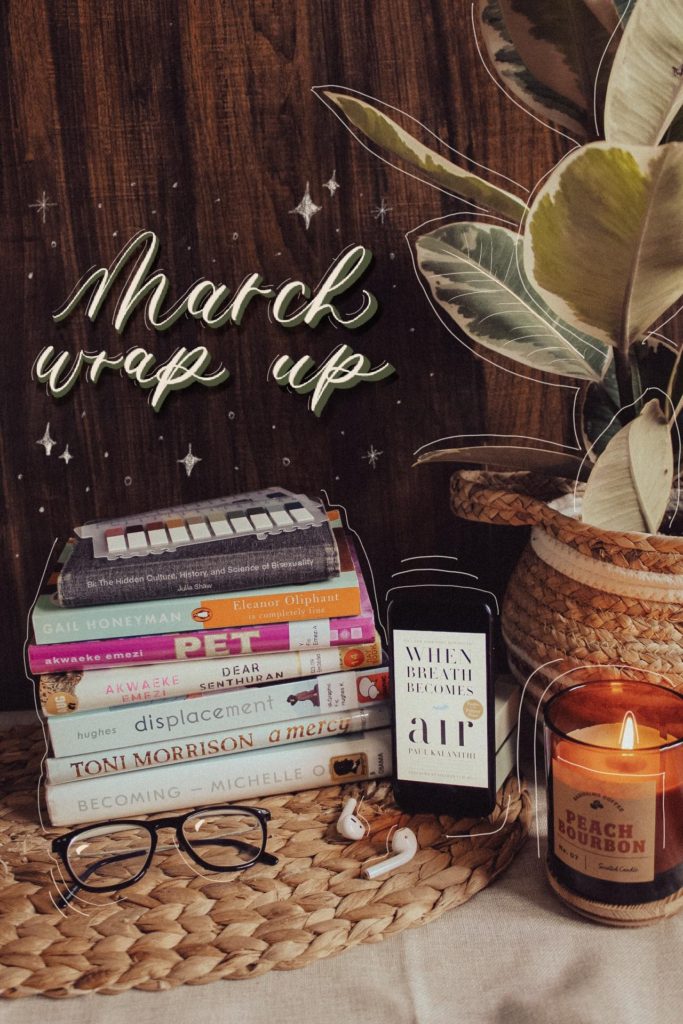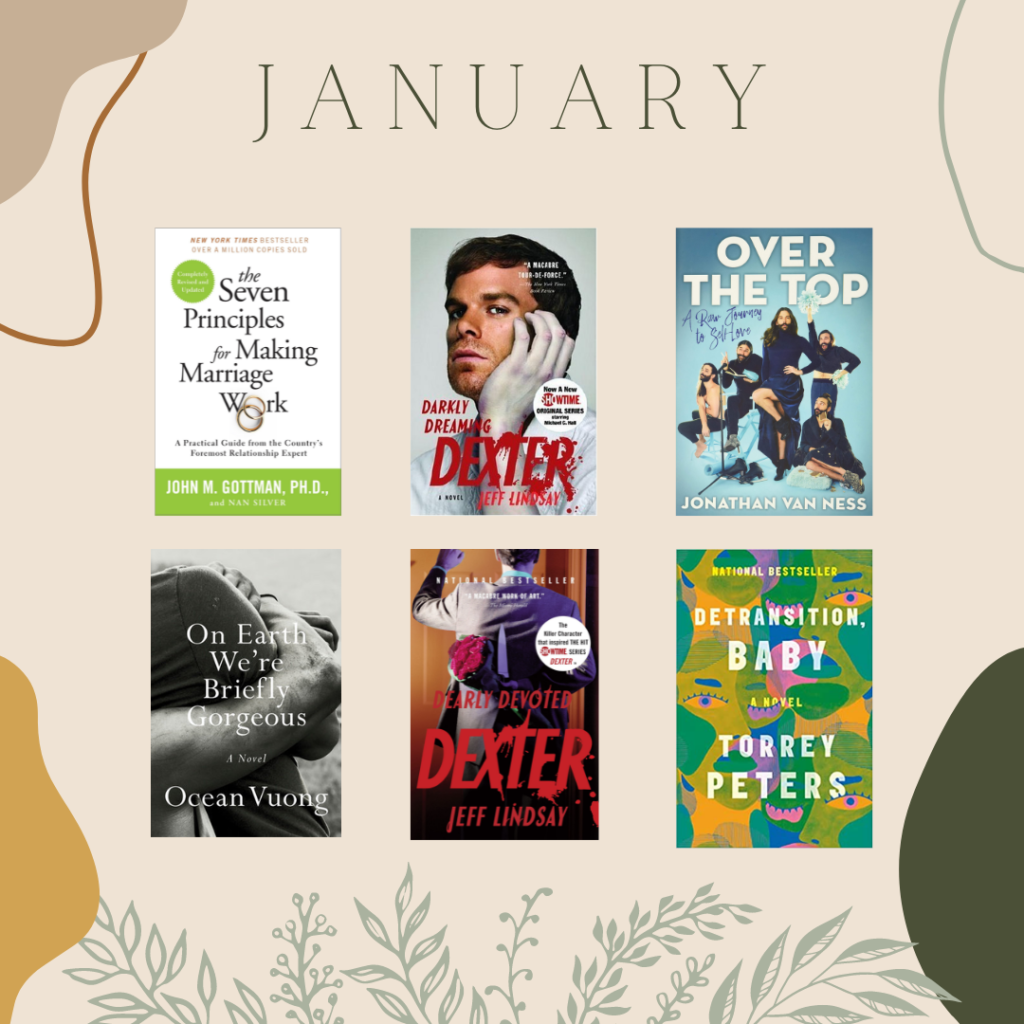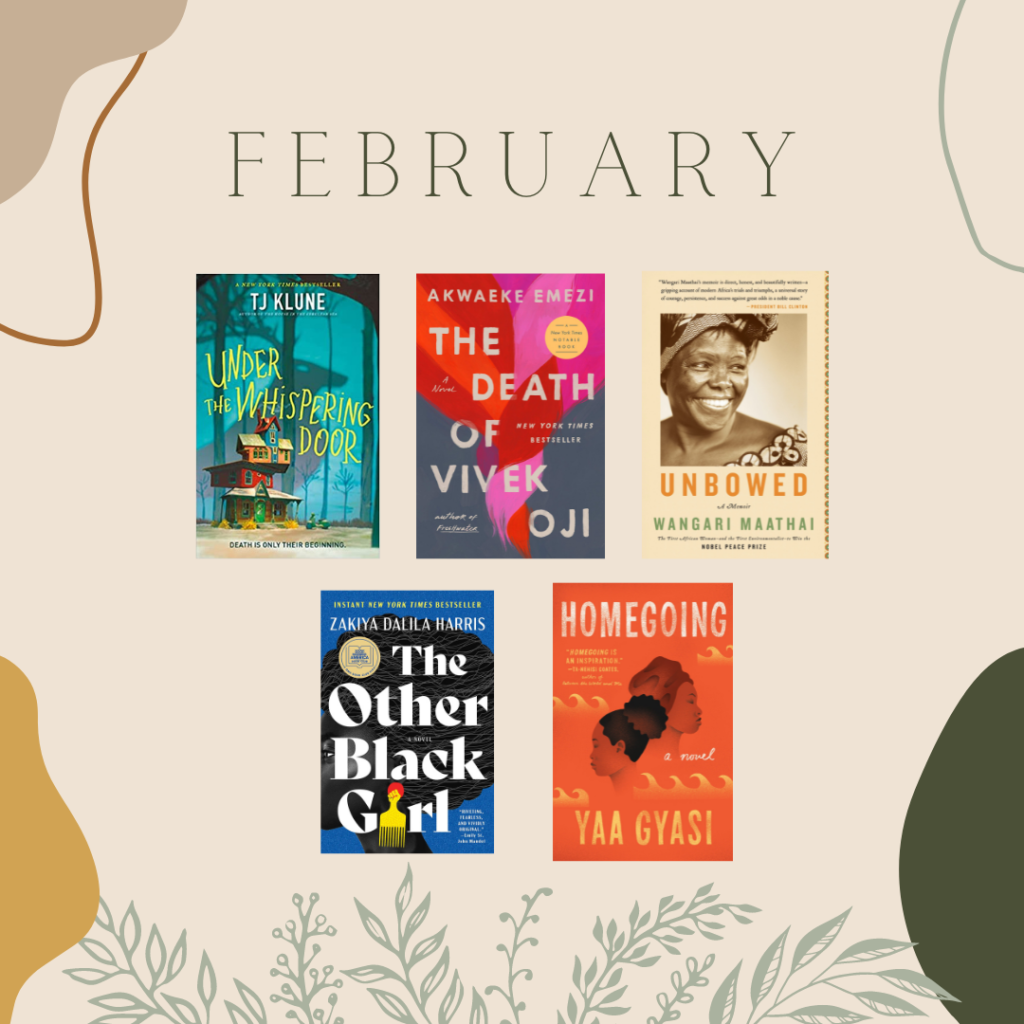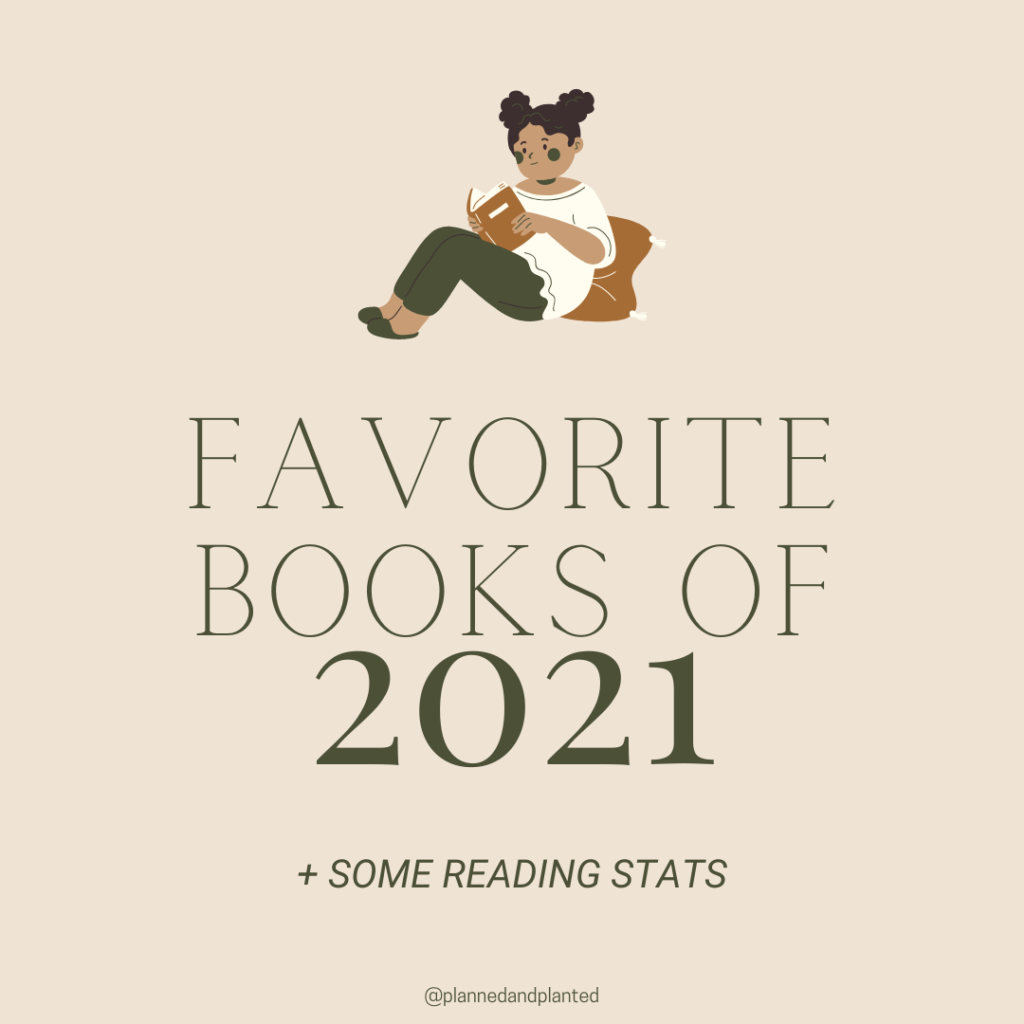March ended up being an excellent reading month for me.
For starters, I read more books than I usually do. I typically average 4 books a month, but this year I double that at 8! Part of this was because I read some shorter and easier books, and included a few Young Adult books, which is not my usual genre.
In addition to that, I thoroughly enjoyed each and every book I read this month, although each I enjoyed for different reasons than the others. I read a variety of material, and everything was a 3.5 star read and above!
Here’s some thoughts on my reads from this month.
Book Reviews for March
#11. Dear Senthuran: A Black Spirit Memoir by Akwaeke Emezi
Add to Shelf
Goodreads | Storygraph
Purchase
Amazon | ThriftBooks | Bookshop | Author Website

It’s been difficult to disengage from award culture, though. It feels like having to reset and reset and reset again, over and over, dragging myself back to my appointed centers.
Akwaeke Emezi, Dear Senthuran
After reading The Death of Vivek Oji (you can check out my review here), I became fascinated with Emezi and their work, and wanted to read more. I decided that their memoir was a good next step. It was certainly an unforgettable book unlike any other memoir I have read.
Unlike most memoirs, this one does not lay out a linear recollection of events in Emezi’s life. The book primarily details Emezi’s mental state from childhood throughout their success and fame as an acclaimed author, and the many struggles that accompany an African spiritual existence with the physical realities of Western culture.
I can tell you this for certain: Emezi did not cater a single word, sentence, paragraph, or chapter to anybody or thing other than their own truths. Although there are parts that I didn’t fully understand or had trouble connecting with, I still deeply appreciated how unapologetically raw this memoir is.
I did tandem read of this book, switching between the e-book and listening to Emezi narrate the audiobook (or sometimes reading along with them). Emezi has such a calm and soothing voice. I low-key want them to narrate a guided meditation clip or something. But I highly recommend the audiobook of this if you want to feel with Emezi as deeply as you can.
Trigger warnings: suicide, body dysmorphia, sexual assault
#12. Eleanor Oliphant is Completely Fine by Gail Honeyman
Add to Shelf
Goodreads | Storygraph
Purchase
Amazon | ThriftBooks | Bookshop | Author Website
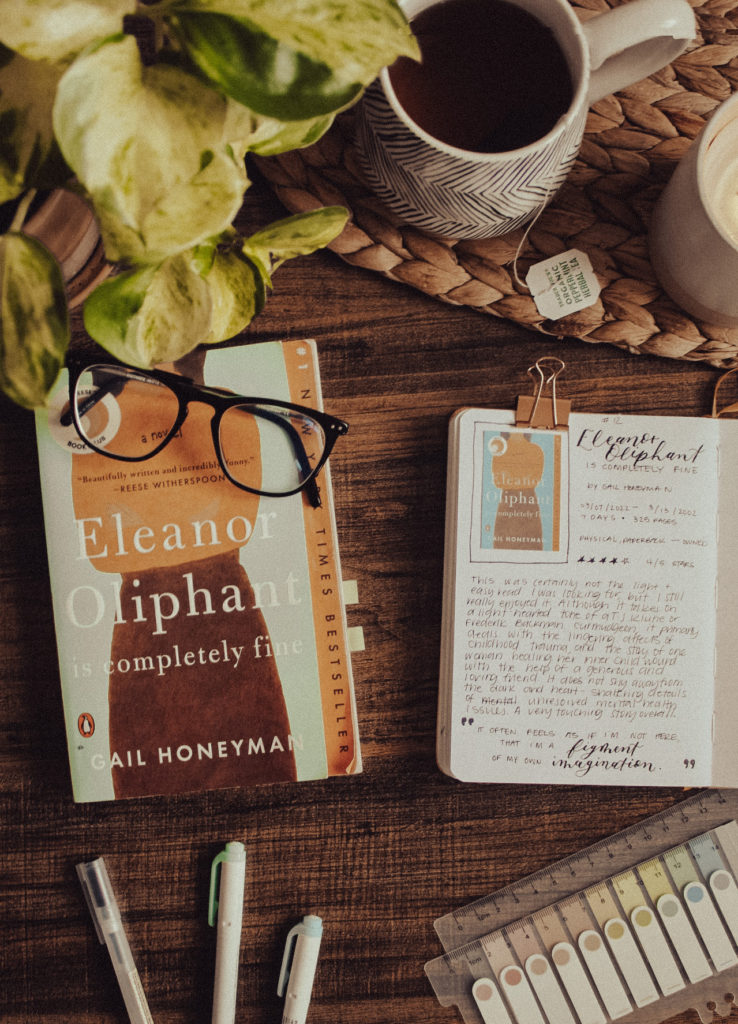
It often feels as if I'm not here, that I'm a figment of my own imagination. There are days when I feel so lightly connected to the earth that the threads that tether me to the planet are gossamer thing, spun sugar. A strong gust of wind could dislodge me completely, and I'd lift off and blow away, like one of those seeds in a dandelion clock.
Gail Honeyman, Eleanor Oliphant is Completely Fine
I picked this book off my shelf after the weight of Emezi’s memoir, thinking it would be a light and fluffy story that I could fly through. I was supremely wrong about it being light, but I nevertheless still enjoyed it.
Eleanor is a friendless, familyless, 30 year old curmudgeon with very specific routines and habits. A series of events leads her to open her heart to a various number of parties, including Ray, a co-worker who is instrumental in helping re-shape Eleanor’s life.
The overall tone of this story very much mimics work by Frederik Backman or T.J. Klune; however, this book tackles far deeper topics — such as child abuse, trauma, PTSD, mental health issues, substance abuse, and suicide — than either of these authors would ever approach.
Really my only issue with the story was some of Eleanor’s behavior at the beginning of the book. I was sometimes put off by her behavior towards others, particularly service-industry and retail workers. I know these scenes were added to contrast with her growth and development by the end, but damn, I still wanted to smack some sense into the Eleanor of the first 100 or so pages.
The ending is hopeful, but the journey there is utterly brutal, as anyone who has healed from trauma can relate. It is a truly touching tale about the power of reaching out, having community, and facing your past, however dark it may be.
Trigger warnings: alcohol abuse, child abuse, mental illness
#13. Becoming by Michelle Obama
Add to Shelf
Goodreads | Storygraph
Purchase
Amazon | ThriftBooks | Bookshop | Author Website

I'd see this confusion play out on the national stage among whites and blacks alike, the need to situate someone inside his or her ethnicity and the frustration that comes when it can't easily be done.
Michelle Obama, Becoming
I was skeptical going into this book, as there some political issues where I personally disagree with the Obamas, and I feared lots of political opinion.
However, I have always had an abundance of respect for both of them as individuals and a couple, and I think it’s especially important to read stories about people you may not always agree with. Needless to say, this is a surprisingly apolitical memoir, considering its author.
As far as memoir structure goes, Becoming’s is quite standard: Michelle starts with her childhood, and progresses in a linear fashion through her and President Obama leaving the White House for the last time and deciding what to do with their lives next.
But don’t let its structure fool you, as the content of this memoir are far from standard or boring. Intermixed with her reminiscence are many profound insights about her experiences, and a resounding wisdom that comes only from true adversity.
The thing that struck me most about Mrs. Obama’s story is just how relatable so much of it is. Many of us have been conditioned (for good reason) to associate politicians with this upper-echelon group of elite families; people born into wealth and prosperity who live to perpetuate it for themselves and others like them.
However, Michelle Obama (and Barack as well) comes from insanely humble beginnings, and they grew their reputation, wealth, and education essentially from the ground up. They’re the embodiment of the word grassroots. It’s an overwhelmingly inspirational story.
Bonus points for listening to this one on audiobook as well while Michelle Obama narrates! It’s long, at 19 hours, but it flew by. I’m excited to read A Promised Land by Barack Obama in the coming months to hear the other half of this story.
Trigger warnings: gun violence, infertility & miscarriage, racism, death of a parent
#14. A Mercy by Toni Morrison
Add to Shelf
Goodreads | Storygraph
Purchase
Amazon | ThriftBooks | Bookshop
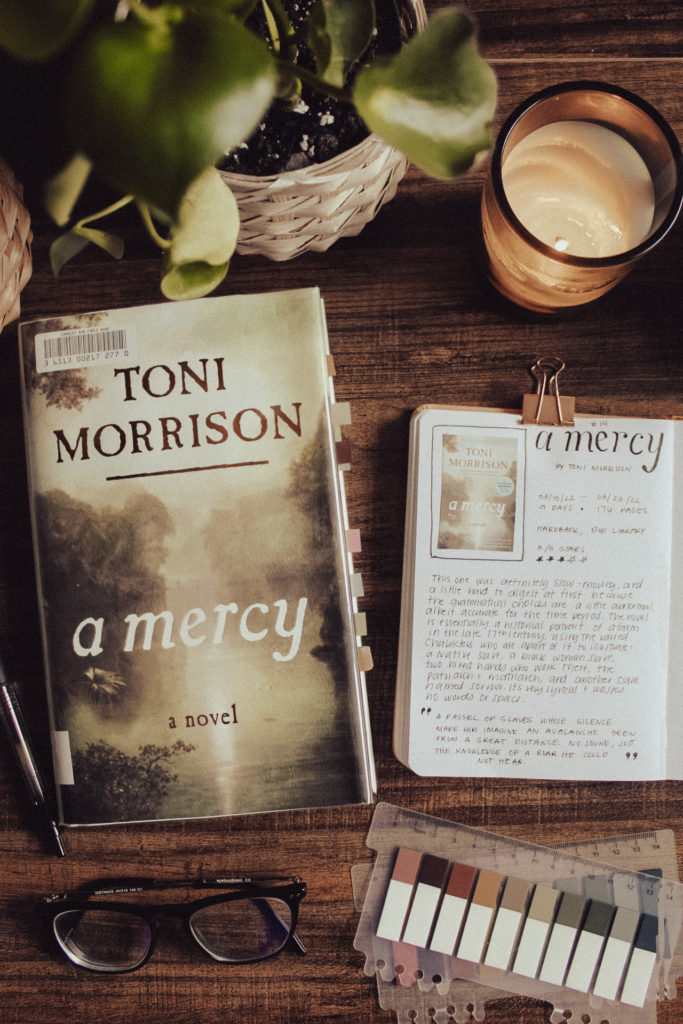
It was there I learned how I was not a person from my country, nor from my families. I was negrita. Everything. Language, dress, gods, dance, habits, decoration, song -- all of it cooked together in the color of my skin.
Toni Morrison, A Mercy
A Mercy is a short, historical fiction novel set in the late 17th century colonial America. It’s my first read of a Morrison book, and it was certainly a unique work of art. The best way to describe the plot is that of a rotating view that paints a vivid portrait of a single farm during a short time period. The perspectives of the novel shift to include all of the members of the farm at one point or another:
- the master, Jacob Vaark
- the mistress, Rebekah Vaark
- Lina – a Native servant
- Florens – an enslaved girl given up by her mother
- Sorrow – an enslaved girl whose misfortune seems to follow her
- Willard and Scully – two indentured servants from a nearby farm
- and finally, Florens’ mother
I am going to be honest with y’all – this is a difficult read, despite its deceptively short length. Morrison forgoes a lot of traditional grammar to more closely reflect the language of both the time period and the education-level of the characters.
In addition to this, not all of the plot is laid out plainly through actions; rather, scenes are often expressed and experienced via the emotions of the character who is narrating at the time, and I occasionally felt lost because of this.
However, after listening to the The Stack’s Podcast Episode about this book with some keen insights by Imani Perry, I felt a much deeper understanding and appreciation for this piece. I would highly encourage you to listen to this episode if you read this book, or even if you are planning to read it in the future. It has some spoiler’s, but in this case, I would almost recommend it, as I think it would have led to a better reading experience for myself personally.
I amend my original 3 star rating to 4 after the podcast. I’m super excited to read more Morrison. I currently own Song of Solomon by her as well as The Source of Self-Regard, her collection of essays, and I can’t wait to dig into those.
Trigger warnings: slavery, racism, sexual violence
#15. Bi: The Hidden Culture, History, and Science of Bisexuality by Julia Shaw
Add to Shelf
Goodreads | Storygraph
Pre-Order
Amazon | ThriftBooks | Bookshop | Author Website

In this book, Julia Shaw, a German-Canadian psychologist addresses and dispels many common myths about bisexuality, discusses bisexual culture and how it fits into the larger queer community, recounts the painful and ongoing history of bisexual discrimination throughout the world, and analyzes scientific studies relating to bisexuality.
Despite the focus on bisexuality, many of the insights and information Shaw provides relate to the greater queer community as well, and to human sexuality as a whole. She masterfully focuses in on the plight of the bisexual, while not at all diminishing the struggles of others in the queer community.
Although Shaw is open and critical about the lack of research on specifically bisexual issues, she nevertheless provides ample evidence and scientific studies to support many of her claims. Each chapter is followed by a helpful list of resources for anyone wanting further details about the studies she cites.
This book personally meant a lot to me, and I will be dedicating an individual post to this later this month, so keep an eye our for that!
Thank you to NetGalley and AbramsPress for an advanced copy of this! This book is available for purchase on June 28, 2022.
#16. Displacement by Kiku Hughes
Add to Shelf
Goodreads | Storygraph
Purchase
Amazon | ThriftBooks | Bookshop | Author Website
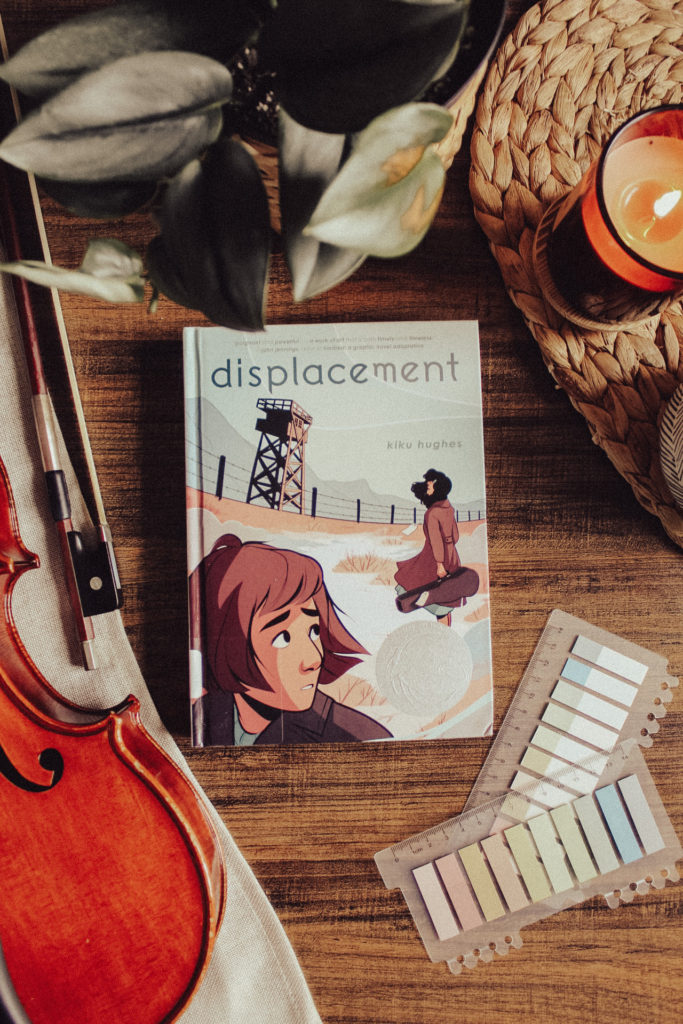
The persecution of a marginalized group of people is never just one act of violence - its' a condemnation of generations to come who live with the ongoing consequences. We may suffer from these traumas, but we can also use them to help others and fight for justice in our own time.
Kiku Hughes, Displacement
I have been meaning to read a graphic novel to mark the box off my reading bingo. I was immediately drawn to this book and its art style at the library. It reminded me of the artwork for Avatar: The Last Airbender & Legend of Korra, and I later discovered the author and illustrator, Kiku Hughes, has contributed canon content to these fandoms.
What really sold me, though, was the summary: a bi-racial teenage girl being pulled back in time to experience the Japanese-American incarceration camps alongside her maternal grandmother.
At its core, this story feels like a way for the author to understand, address, and heal some of the lasting impacts of generational trauma that have permeated her family. While it’s clearly a fictional story of time-travel, it’s easy to see that many of the feelings the main character experiences are reflective of the author’s. She models many of the characters after her actual family members, in both name and appearance, including herself.
The best part about this story, in my opinion, is that it’s primarily a Young Adult graphic novel, yet it’s also educational and beautiful to read as an adult. It’s like a kid-friendly version of Maus, but instead of the Holocaust, it discusses a different, yet still abominable part of history.
I will certainly be seeking out more graphic novels after this one captivated my heart so effortlessly.
Trigger warnings: xenophobia, imprisonment
#17. Pet by Akwaeke Emezi
Add to Shelf
Goodreads | Storygraph
Purchase
Amazon | ThriftBooks | Bookshop | Author Website
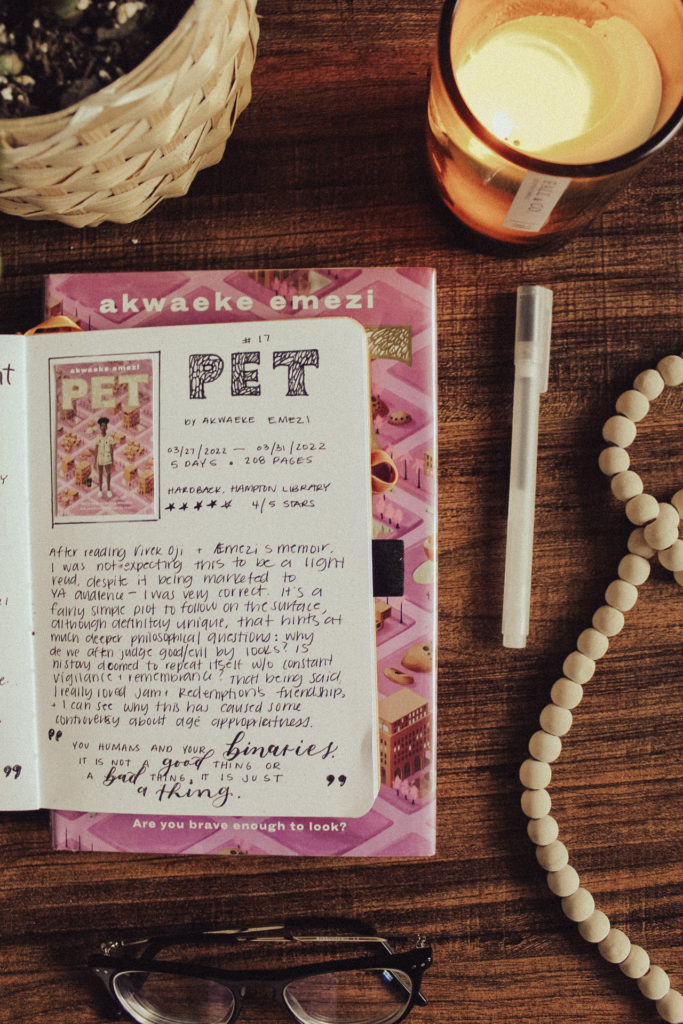
She didn't say anything, not wanting to interrupt his silence. Instead, she climbed into the silence with him, staying there, feeling its soft curves.
Akwaeke Emezi, Pet
I’ve been eager to read this since I was introduced to Emezi. Their writing is so emotional, and the content so tragic, that I was curious to see how their style would translate into a Young Adult novel.
The plot for the story is certainly unique, albeit straight forward: Jam, a young black trans girl, is living in a utopian society called Lucille that is supposedly rid of “monsters” AKA evil-doers. One day, Jam accidentally awakens a painting her mother created, pulling the creature into her world. The creature, Pet, who looks itself like a monster, claims to be hunting a monster that evades detection. Together, Jam and Pet, with the help of Pet’s best friend Redemption, track down the monster.
There are two messages I interpreted from this book:
1. that monsters in the sense of “evil doers” come in all shapes in sizes, as do angels or those that do good; essentially, nothing is as binary as we would like, and
2. forgetting our history and denying its effects leads us to repeat those same mistakes.
These messages are pretty obvious and repeated often; it is, after all, a YA novel. And while they are important messages for children to understand, I really found myself wishing this were an adult novel. Some of the material towards the end even felt a little too dark for younger age groups; I personally wouldn’t recommend it for children below the age of 12.
The best part about this book for me was Jam and Redemption’s relationship. Both individually and as a pair, they demonstrate the kind of empathy, kindness, and communication that many adults in our world never achieve.
Another strong point is the amount of representation. There is a polyamorous parenting trio that includes a non-binary parent; and Jam herself, who is trans, and also prefers to communicate via sign language despite no obvious disability.
I will definitely be reading the prequel, Bitter soon!
Trigger warnings: child abuse, pedophilia, violence, light gore
#18. When Breath Becomes Air by Paul Kalanithi
Add to Shelf
Goodreads | Storygraph
Purchase
Amazon | ThriftBooks | Bookshop
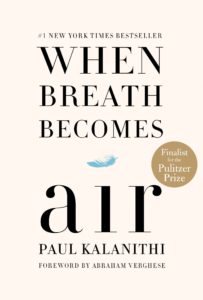
Human knowledge is never contained in one person. It grows from the relationships we create between each other and the world, and still it is never complete.
Paul Kalanithi, When Breath Becomes Air
I was expecting this one to be devastatingly sad based on a review a friend wrote a few years back. Although my expectations were met (eventually), I was definitely lulled into a false sense of mild sadness as the book progressed, only to be repeatedly sucker-punched right in the feels for the entirety of the epilogue.
Paul Kalanithi, who studied both medicine and literature for most of school, provides a unique perspective on the meaning of life and the travesty of death as someone who has confronted it often, as both a doctor and a cancer patient.
While Paul’s story is insanely sad, while also being remarkably hopefu, I wasn’t quite as moved throughout most of this as I expected. For me, the true power of this story comes at the abrupt and unfinished end, and the epilogue that follows, written by Paul’s wife.
When I tell you I sobbed uncontrollably throughout the whole epilogue, I am not exaggerating one bit. All of the insight, wisdom, bravery, and strength Paul emitted throughout the book coalesced at once into a bittersweet finish. Fair warning – the epilogue may be particularly triggering to those of us who have watched a loved one slowly die.
Trigger warnings: cancer, death
